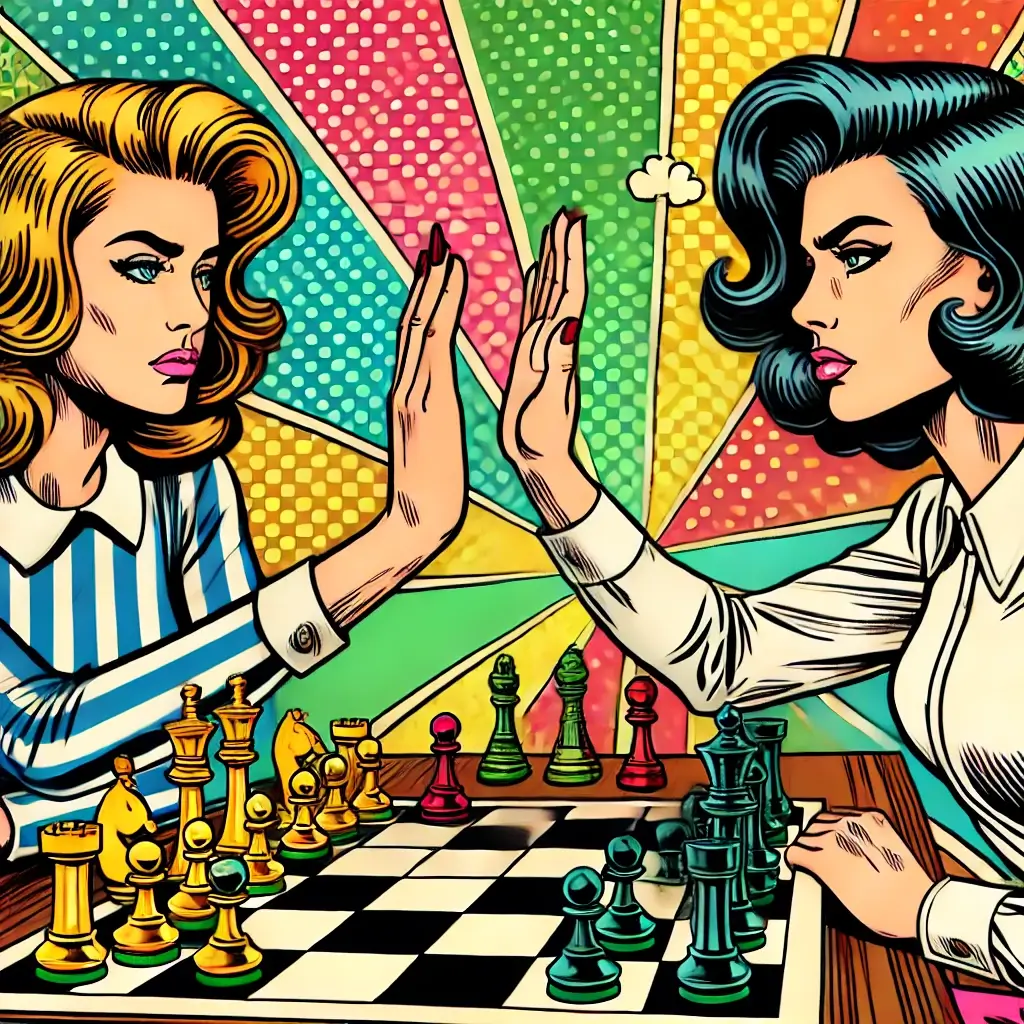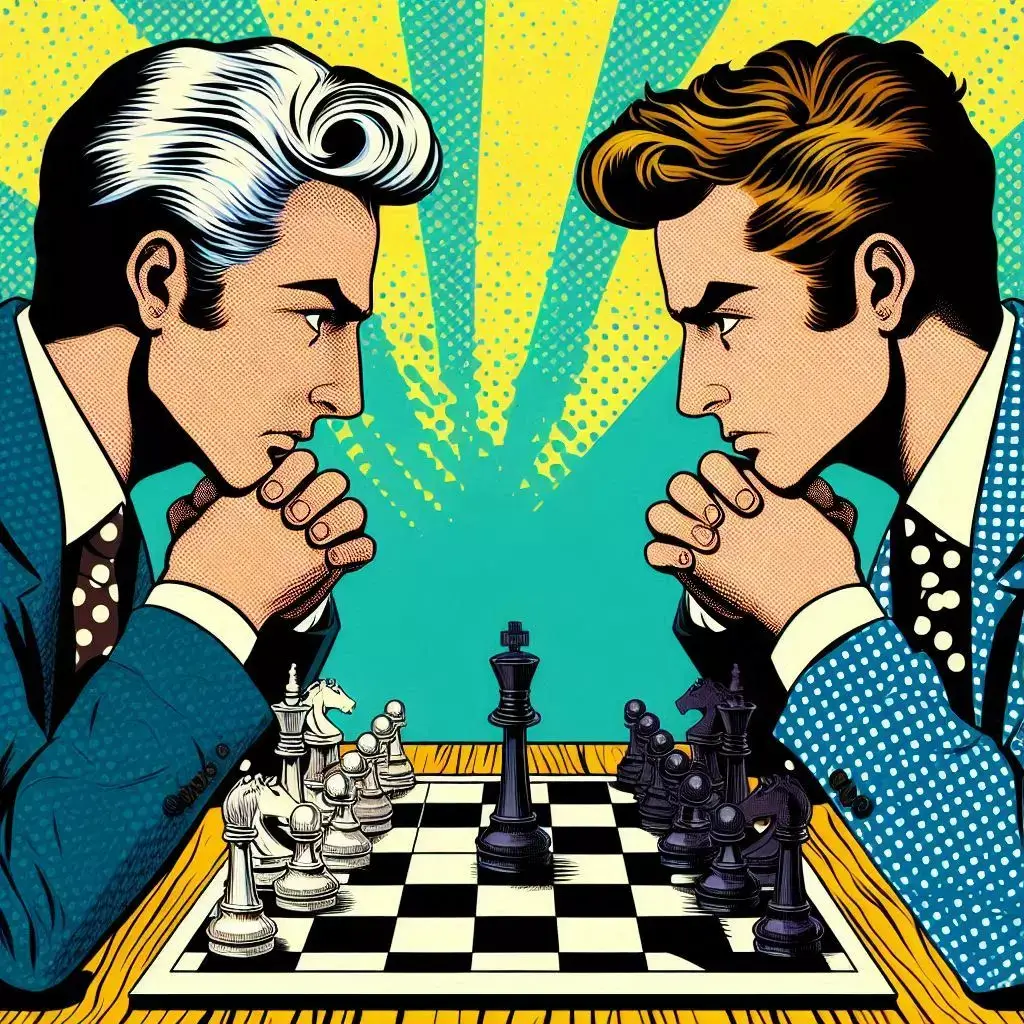9 Essential Unwritten Chess Rules Every Player Should Know
Did you know that FIDE’s official chess rules aren’t the only ones you need to know? There’s also a set of unwritten rules that every chess player should be familiar with.

What Are the Unwritten Rules of Chess?
The FIDE Handbook contains the official Rules of Chess . These guidelines address various aspects of the game, including gameplay, the chess clock, irregularities, draws, player conduct, the role of arbiters, formats of play, adaptations for visually impaired players, and algebraic notation.
However, beyond these official rules, there’s a set of unwritten norms that professional chess players often follow. These unwritten rules, alongside the FIDE rules, shape the unique culture of the chess community, distinguishing it from other activities.
We’re here to introduce you to some of these unwritten rules. While following them is optional, they reflect good sportsmanship and respect for the game. Even chess grandmasters don’t always adhere to them, but embracing these practices will help you fit in with the broader chess community. And, of course, when playing casually with friends or family, feel free to relax and just enjoy the game!
Rule 1: Always Shake Hands with Your Opponent
In chess, a handshake is a universal gesture of respect. When you arrive at the table for a game, greet your opponent. For casual games, a friendly “Hello!” works, but in tournaments, a handshake is customary. Shake hands before starting the clock, and again at the end of the game, regardless of the outcome.
It’s important to do this sincerely—no limp handshakes or avoiding eye contact. Respect your opponent by offering a firm yet polite handshake.
There have been instances where players refused to shake hands due to personal or political reasons. For example, during the 2023 World Blitz Championship, Polish GM Jan-Krzysztof Duda declined to shake hands with Russian GM Denis Khismatullin due to Khismatullin’s support for the war in Ukraine. While such decisions may be understandable in specific contexts, they’re exceptions rather than the rule.
It’s worth mentioning that neither the FIDE Rules of Chess nor its Code of Ethics explicitly state that it is mandatory to shake an opponent’s hand before the start of the game or after the game has ended.
However, not shaking an opponent’s hand violates Article 11.9(a) of the Disciplinary and Ethics Code, which addresses socially unacceptable conduct and compliance with standards of courtesy and etiquette in chess.
If you’re new to chess, practice managing your emotions and make it a habit to greet and part ways with your opponent courteously.
Rule 2: Stay Silent During the Game
This is probably one of the things that most characterizes chess.
Since it’s a mental activity requiring great concentration and analysis, all players are expected to remain silent in the playing area. It’s frowned upon for anyone to make any kind of noise to distract others.
Rule 3: Respect Your Opponent’s Time
This rule has two key aspects:
-
Arrive on time for your games so your opponent isn’t kept waiting.
-
Avoid distracting your opponent when they’re low on time—no tapping, excessive movement, or unnecessary gestures.
Both actions are seen as poor sportsmanship and can ruin the spirit of the game.
Rule 4: Don’t Discuss Games in the Hallways
In the past, according to Alexander Grischuk in an interview for Levitov Chess World , players would often discuss ongoing games in the rest areas during tournaments. However, this practice is now discouraged and even prohibited.
In the FIDE Handbook, under the chess rules section, article 12.7 states that if someone notices an irregularity, they must inform the arbiter. It also mentions that players must not discuss another game or interfere in it.
We include this as an unwritten rule because enforcement depends on whether others report the irregularity, and because it’s a “recent” rule.
Rule 5: Handle Wins and Losses with Grace
This is one of the hardest unwritten rules to follow due to the emotions and feelings that come with winning or losing a game. Often, elite professional players don’t help foster a respectful environment. Notable cases include Magnus Carlsen, Hikaru Nakamura, and Ian Nepomniachtchi, among others. Just browse online videos to see more examples.
Show respect to your opponent from start to finish. If the game ends with your victory, fulfill the formalities of signing and submitting the scoresheet, bid your opponent farewell with a handshake, and then celebrate elsewhere. If you lose, just accept that defeat is part of the game.
Rule 6: Decline Rematches Politely
When an opponent asks for a rematch, your response matters. A blunt refusal can come across as rude or dismissive. Instead, politely decline if you’re not interested, showing respect for their request.

Rule 7: Avoid Insults, Taunts, or Bragging
Talent doesn’t conflict with respecting your opponent. Since the UN established, at the end of 2019, July 20 as the official celebration of World Chess Day , it did so with the goal of FIDE to help make chess another means of promoting peace.
Insulting, taunting, or bragging during or after a game not only reflects poorly on you but also sets a bad example for new players and spectators. Let your moves, not your words, speak for you.
Rule 8: Don’t Stare Down Your Opponent
Chess inherently has a dual nature: on one hand, it’s a sport promoting positive values and intellectual development; on the other, it represents war, struggle, and rivalry. This duality can lead to tensions or unfriendly stares during games. However, it’s important to avoid prolonged combative stares to prevent escalating your opponent’s emotions.
Rule 9: Respect Your Opponent’s Space
Respecting personal space is crucial. Don’t overreach or encroach on your opponent’s side of the board. Avoid gestures or actions meant to intimidate or unsettle them—it’s unsportsmanlike and unnecessary.